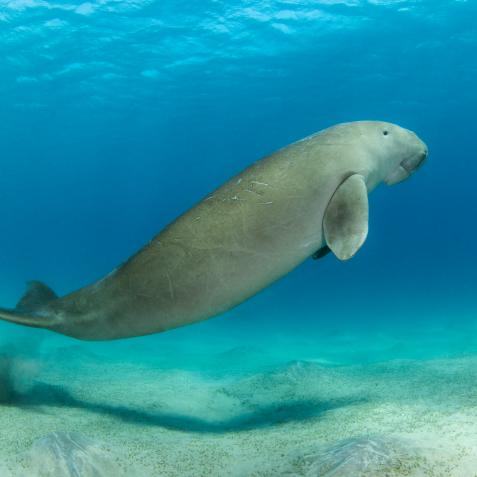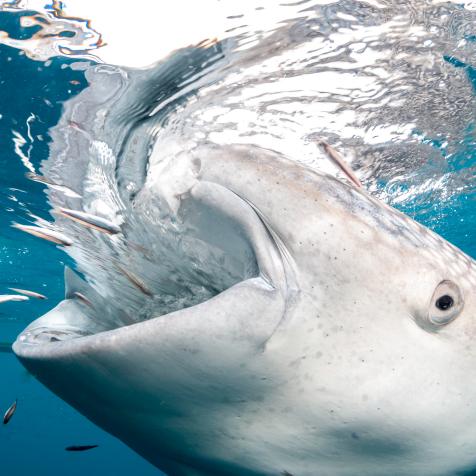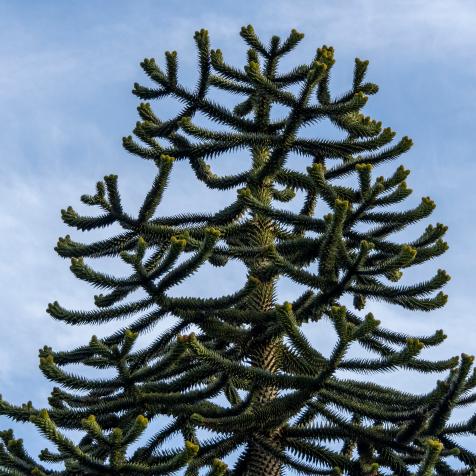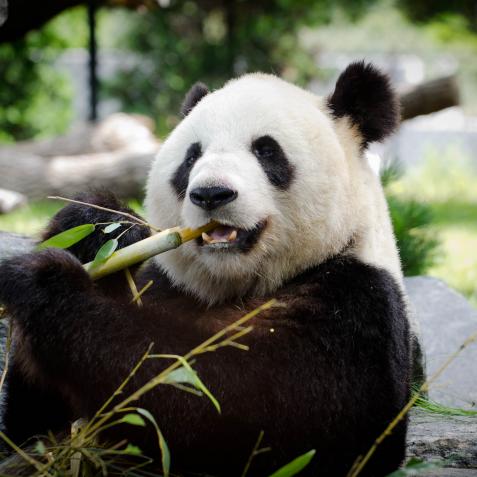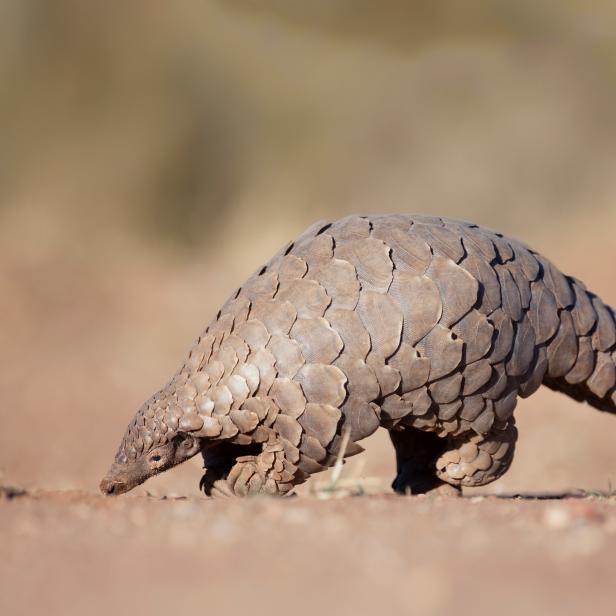
2630ben
Pangolins, World's Most Trafficked Animal, May Finally Be Safe
China is removing one of the world’s most trafficked animals, the pangolin, from its list of animals used for traditional medicine.
Activists have long been calling for an end to pangolins being trafficked. Tens of thousands are poached every year, and one million pangolins are believed to have been trafficked between 2000 and 2013 alone. Pangolins are mammals, despite being covered in scales, and grow to around the size of a house cat.
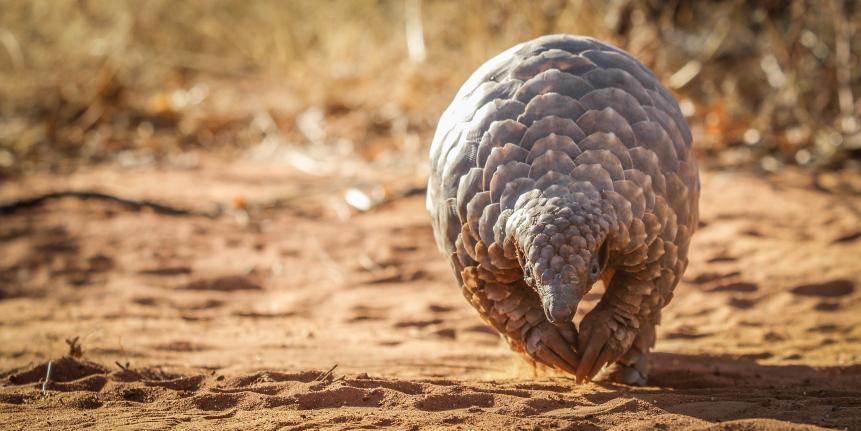
Daniel Haesslich
They use those scales to protect themselves from predators in the wild, but in Asia, these same scales are coveted for medicine. Their scales are made of keratin, the same material found in fingernails, rhino horns, and traditional Chinese medicine.
In China, they are used in medicine as they are believed to improve blood circulation and reduce inflammation. “The animal itself is eaten, but a greater danger arises from the belief that the scales have medicinal value. Fresh scales are never used--but dried scales can be roasted with earth of oyster shells, ashed, or cooked in oil, butter, vinegar, boy's urine to cure a variety of ills,” according to a scientific study in Nature, which was published as far back as 1938. “Amongst these [ills] are excessive nervousness and hysterical crying in children, women possessed by devils and ogres, malarial fever, and deafness.”

NurPhoto
Officers show pangolin scales seized from poachers at the the Natural Resources Conservation Center (BBKSDA) Riau office in Pekanbaru, Riau Province , Indonesia, on June 12, 2020. Indonesia authorities confiscated 14 Kilograms pangolins Scales (Manis Javanica) from ilegal trade.
Last year, authorities seized more than 130 tons of pangolin-related products, a figure believed to represent as many as 400,000 of the animals, according to WildAid conservation group. There are eight species of pangolin found across Asia and Africa. Three of those are listed as critically endangered by the International Union for Conservation of Nature: the Chinese pangolin, the Philippine pangolin, and the Sunda pangolin. The remaining five are listed as either vulnerable or endangered.
Now, three species – the Chinese, Suna, and Indian pangolins – have been afforded the same protection in China as the Giant Panda and have been upgraded from Class II to the highest Class I protection. There's a penalty of 10 imprisonment for anyone caught hunting, killing, smuggling or trading them.

Fabian von Poser
The announcement was made in June and was so monumental that the US Secretary of State Mike Pompeo released a statement encouraging China to “take similar steps to respond to other endangered species and shut down high risk wildlife wet markets.” The Chinese government has also announced plans to restore the dwindling populations by ramping up field patrols and pushing habitat restoration efforts.
“China moved very quickly to close live wildlife markets and it is great news that they have now given their pangolins the same protected status as the panda,” said WildAid CEO Peter Knights. “We hope this accelerates an end to legal sales of pangolin scales as soon as possible.”
The conservation group also highlighted how the Covid-19 pandemic has placed a spotlight on the illegal trade in pangolins and flagged how some scientists have found a similar coronavirus strain in Sunda pangolins. “Whether pangolins prove to be the vector species in Covid-19 or not,” Knights adds, “trading and consuming them imposes a significant risk of the introduction of a new disease and we should move to eliminate this risk as quickly as possible.”



































































